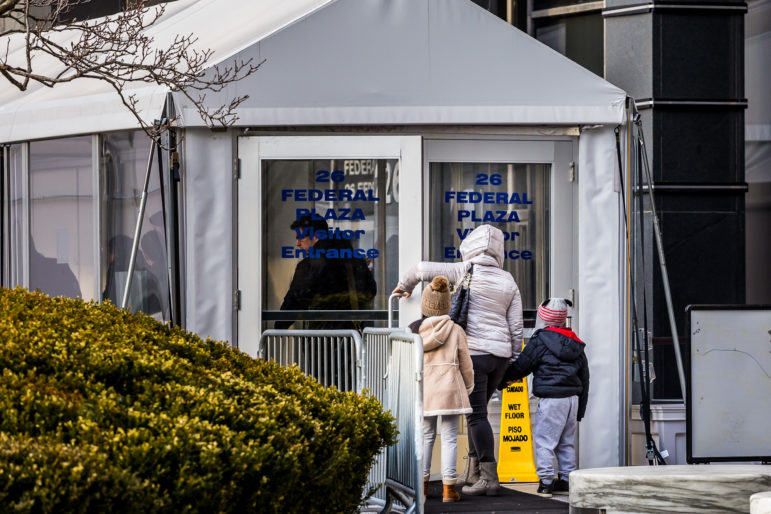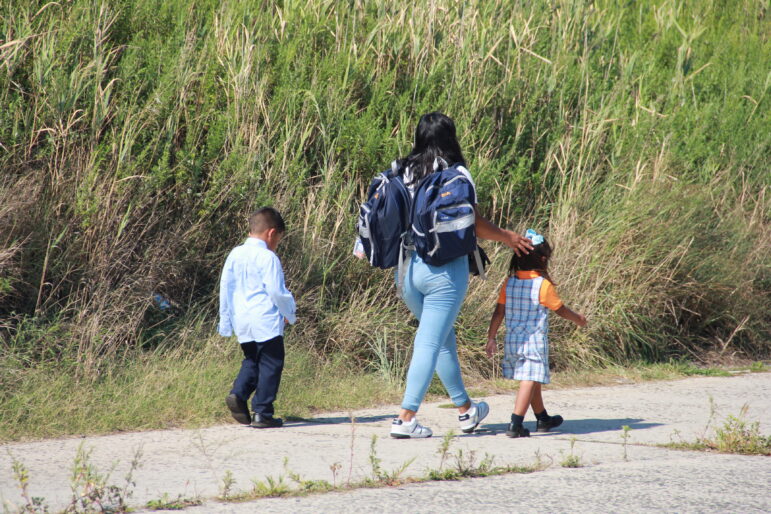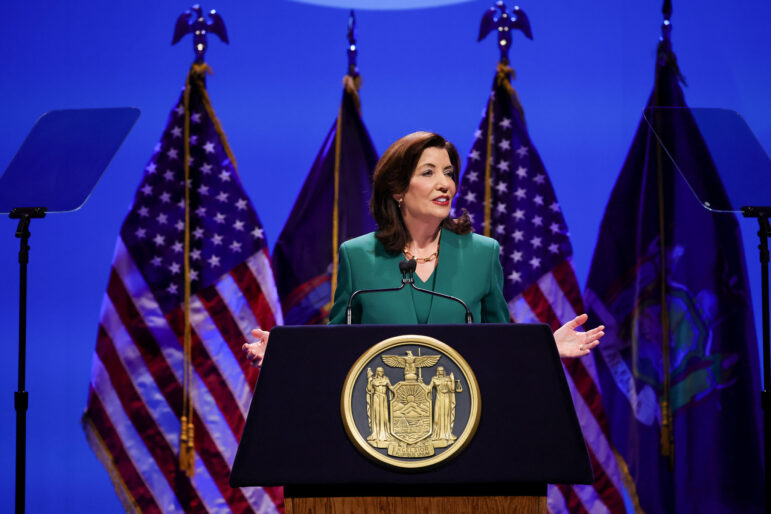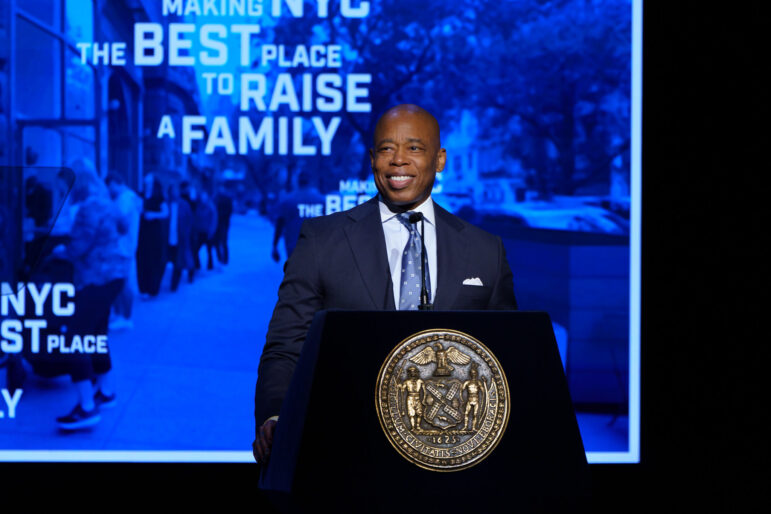From aspiring hairstylists to dental technicians, trade students thought they’d scored a victory last fall. When Gov. George Pataki signed the Work Study and Internship Bill, the law allowed jobs at vocational schools and colleges to count toward the state-mandated 35-hour workweek for welfare recipients. But the city’s Human Resources Administration has its own interpretation of the law: For more than two months, HRA has been instructing its caseworkers to place vocational students in workfare jobs regardless of their training schedules, and to deny exemptions to single adults.
On February 2, HRA issued a memo to job center employees stating that only college students are excused from welfare job placements for a scheduling conflict, contradicting the governor’s law that explicitly includes anyone enrolled in an educational institution, from cooking schools to computer academies. The memo also restricts work exemptions to students on family assistance, leaving out single adults.
Students have already felt its impact. According to Liz Watson of the Welfare Law Center, one CUNY student almost dropped his sociology class because his caseworker told him that as a single adult he could not get out of his work assignment. While she successfully appealed her client’s case, she worries that for every welfare recipient who seeks help, another will drop classes in frustration. “The challenges faced by students juggling full-time school, 35 hours per week of work requirements and, in many instances, single parenthood, are huge,” Watson said. “The city shouldn’t undermine the first real effort to help these people out.” And with summer internship season approaching, advocates see more trouble looming ahead.
While admitting that HRA’s policy directive diverged from the state law, HRA spokeswoman Debra Sproles downplayed concerns: “Any participant who has a problem can ask to have their case reviewed,” said Sproles.
If the welfare advocates have their way, the city could soon face a review of its own, in court. “This law was designed to help folks trying to get a real education and training that can lift them out of poverty,” explained Legal Aid attorney Wendy Bach, who is considering filing a lawsuit against the city on this issue. “But the city, directly in conflict with state law, seems to want to greatly restrict who can benefit.”








